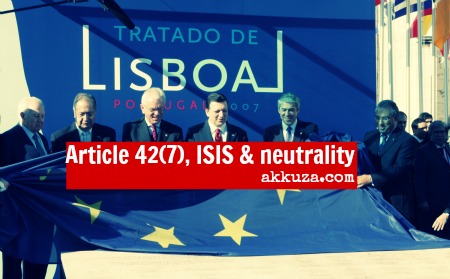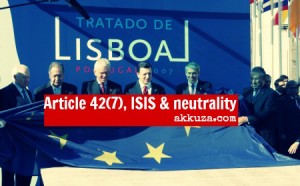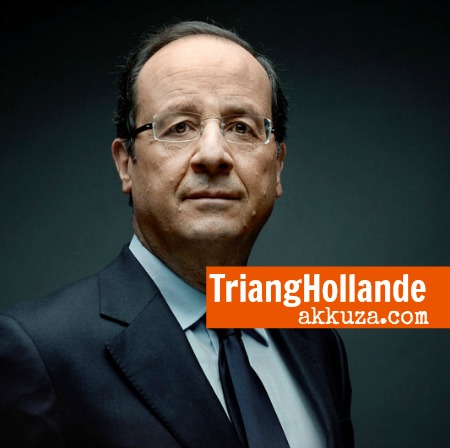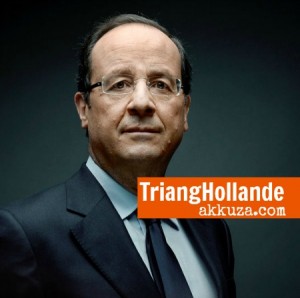There has been quite a flutter in Malta since Francois Hollande decided to invoke article 42(7) of the Lisbon Treaty. Even without the eccentric shenanigans of former PM Karmenu Mifsud Bonnici, questions were being raised as to how and to what extent Malta would be committed thanks to this invocation. I thought of providing a little Q&A, just like in parliament, but without the nigi hemm u nifqghek bits.
1. First of all, what does Article 42(7) state?
Article 42 (7) TEU states:
If a Member State is the victim of armed aggression on its territory, the other Member States shall have towards it an obligation of aid and assistance by all the means in their power, in accordance with Article 51 of the United Nations Charter. This shall not prejudice the specific character of the security and defence policy of certain Member States.
Commitments and cooperation in this area shall be consistent with commitments under the North Atlantic Treaty Organisation, which, for those States which are members of it, remains the foundation of their collective defence and the forum for its implementation.
2. So. This means war right?
No it does not. At least not in the sense that the army blessed and formed in the image of Manuel Mallia will be sent to the front to stand shoulder to shoulder with peshmergas. Nor does it mean that we will have AFM troops patrolling the Champs Elysees any time soon. The emphasis in article 42(7) is on aid and assistance and, more specifically, on the fact that the “security and defence policy” of certain Member States should not be prejudiced. This means two things:
a) Firstly, it means that any state invoking article 42(7) can negotiate individually with any other Member State (and crucially without the need to use any of the EU institutions) any temporary form of aid and assistance. Each Member State is responsible for determining its contribution on the basis of what they deem to be necessary, which does not necessarily mean the deployment of military assets.
b) Secondly, and more importantly in the eyes of many in Malta, the fact that the security and defence policy of certain Member States is clearly invoked is a direct reference to the ‘neutral’ status of states such as Ireland, Austria and Finland – to give an example of some others. What that means is that notwithstanding any interpretation of military intervention that might be given by states dealing under this article, this obligation stops when the security and defence policy of certain States does not allow it. The second paragraph referring to NATO commitments is a further reinforcement of this distinction.
3. Oh so we are not at war then.
That’s a nice one. Modern politicians of the Hollande mould have a tendency to slip quickly into the language of war once a terrorist attack takes place. This “tradition” is new to this century ever since Commander in Chief Bush declared war on Al-Qaeda. Unlike the 70s and 80s when a terrorist bomb attack or shooting never really translated to a casus belli the political psyche of the post 9/11 words seems to require such heavy handed references and we are living in an age where France will now even try to provoke the UN to declare a war on a state whose existence nobody beyond the self-declared caliphate acknowledges.
Still. In the microcosm of Muscat’s land, we will first engage in a debate of “neutrality” clauses in our constitution. The significance of such clauses dwindles into nothing when one considers that they were intended to deal with a specific battle between superpowers (a battle that no longer exists) and that in any case they would be invoked in case of a war between states – and not neutrality in the face of the war on terrorism. Another thing, Muscat’s government spent most of its legislature whingeing about the fact that immigration problems are a common problem that should be faced and borne equally by all EU states.
Calling oneself out of the fight on terrorism by relying on an outdated and practically inapplicable neutrality clause is hypocritical to say the least. By saying this I am not advocating participation by Malta on military activity but rather that Malta’s attitude towards security and its contribution to ensuring that the borders of the European Unoion are impervious to terrorists leaves much to be desired. From the Algeria VISA scandal, laughed off by our Chief Salesman to the thousands of Libyan Residencies to the continued insistence of this government to transform Malta into one big trojan horse for entry into the EU… these are ample examples as to how Malta’s contribution to the war on terror could be vastly improved.
4. Where does that leave us?
Well it leaves us with an EU that is gearing up to battle the amorphic monster that is “terrorism” with a series of knee-jerk reactions. It leaves us with a government in Malta that ironically needs to wake up and smell the coffee for the reasons outlined above.
Most of the time, it seems, it leaves us reverting to the centuries old adage: si vis pacem, para bellum.




